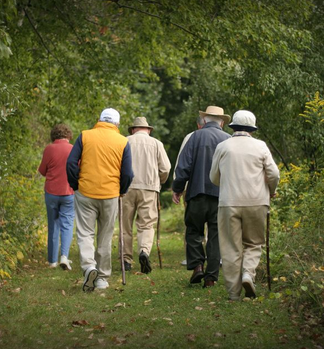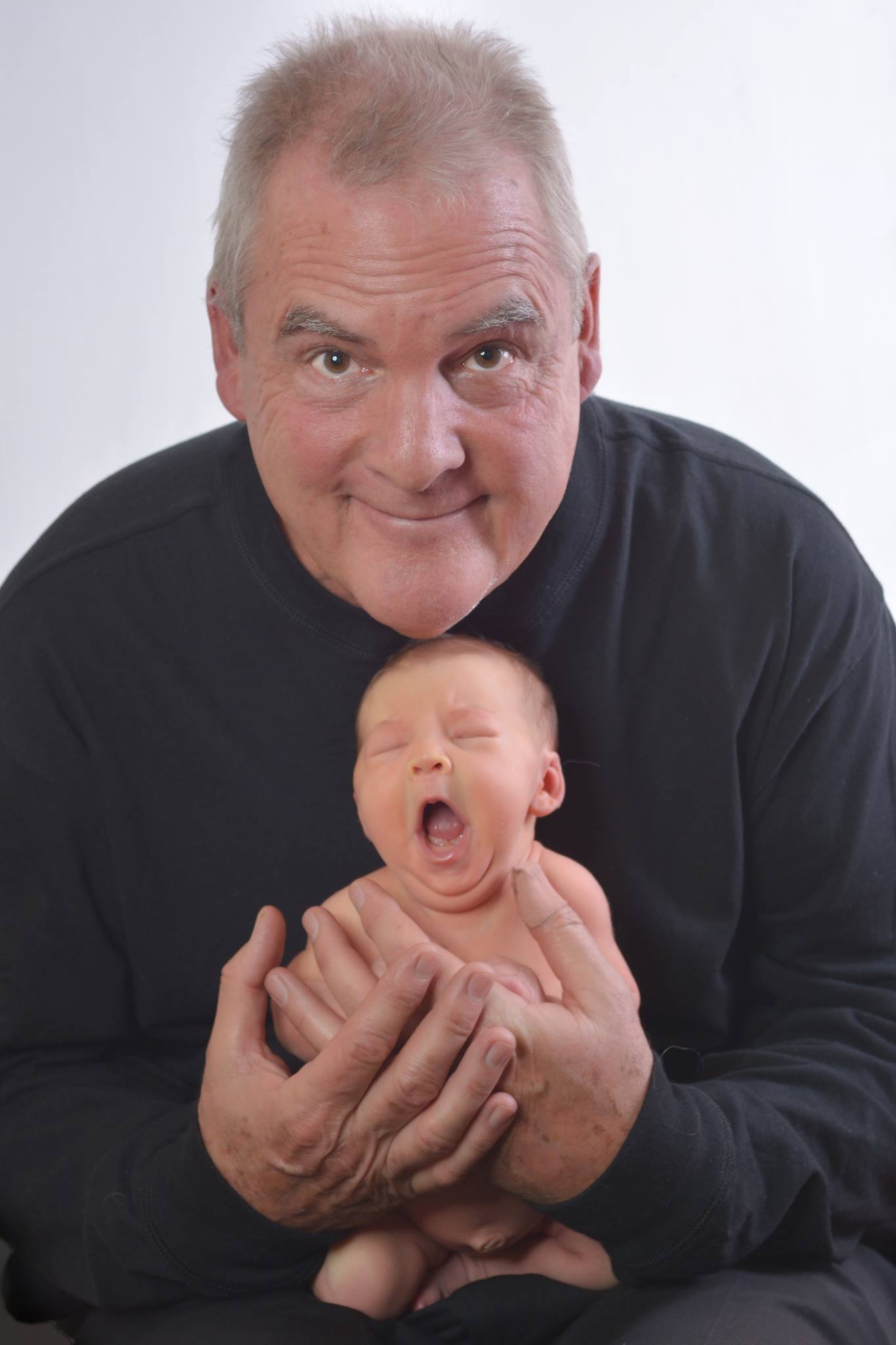Conscious Dying: An alternative to ending life filled with fear, anger and regret
Editor’s note: This is the first of a multi-part series on Conscious Living and Conscious Dying.
By Louis Bourgeois
When I was a student in psychology at the University of Connecticut in 1973 I did a study as a part of a class. This study involved interviewing residents of a nearby nursing home. I was deeply troubled by the results off this study, as the vast majority of my subjects expressed deep regrets about their lives. Most of them also felt the need to project the blame onto others, spouses, children, former bosses, etc. They had made decisions in their lives, choices for careers or partnerships that seemed in hindsight to be mistakes.
their lives. Most of them also felt the need to project the blame onto others, spouses, children, former bosses, etc. They had made decisions in their lives, choices for careers or partnerships that seemed in hindsight to be mistakes.
It occurred to me that this was no way to live a life, and I decided then and there to work diligently against the forces of conditioning and conformity for my own life.
 Some years later I watched my own father die a very undignified death. Where he had once been a lion of a man, a true Leo, bright, creative, and filled with enthusiasm for life, he became a very pathetic and sad old man. One cause was his abdication of the authority for his life to the medical world. At 59, when he should have gone out in a blaze of glory, he was given open heart surgery and a pacemaker. Twenty years later he was living alone in a tiny concrete cell, subsidized housing for the poor in Granby, CT. I visited him days before he died, perhaps the only one in this world capable of bestowing a small blessing on his wretched ending. As his only son I was asked to raise a glass in his honor a few weeks later, and with two sisters take his ashes to spread at Saratoga Race Track in Saratoga Springs, New York.
Some years later I watched my own father die a very undignified death. Where he had once been a lion of a man, a true Leo, bright, creative, and filled with enthusiasm for life, he became a very pathetic and sad old man. One cause was his abdication of the authority for his life to the medical world. At 59, when he should have gone out in a blaze of glory, he was given open heart surgery and a pacemaker. Twenty years later he was living alone in a tiny concrete cell, subsidized housing for the poor in Granby, CT. I visited him days before he died, perhaps the only one in this world capable of bestowing a small blessing on his wretched ending. As his only son I was asked to raise a glass in his honor a few weeks later, and with two sisters take his ashes to spread at Saratoga Race Track in Saratoga Springs, New York.
More recently my mother, almost 94, has just accepted being moved into an assisted living center. This breaks my heart as she was excited not too long ago at the prospect of coming down to live with my wife and our baby daughter in Cuenca. Instead, my elder sister conspired with some medical support to convince my mother that it would be too risky to live at high elevation (8,000 feet) in Ecuador. In my view her move here might have accelerated her death but she would have spent her last months on this earth very happy. Instead she will allow others around her to prolong her life at all costs.
How did we arrive at this time in our world where virtually the whole of our existence is being conditioned and controlled by the fear of death? There are many cultures in the world, from our ancient past to the present, where death was not seen as our enemy. Why is it that we are so delighted to celebrate new beginnings, a birth, a marriage, a new career, but we cannot equally embrace the dissolution, our inevitable death, a divorce, or retirement?
I am committed as I choose to celebrate my retirement, happily called tercero edad (the third life) here in Ecuador, with many new beginnings. I have a new baby girl, a new wife, several new enterprises, and my life’s mission to build Conscious Community with others of a like mind. As part of my Conscious Living program I will begin teaching classes in Conscious Dying.
We have the right to plan our own death, to celebrate our life by celebrating life’s most remarkable transition. It is my belief that how we die has more to say about our life than any other aspect of this life. Do we choose to resign ourselves to disease and decay? Do we choose to linger years beyond our ability to make a contribution, instead becoming a burden on the resources of our family, our community and our world? Do we listen to the voices of fear, whether they come from medical professionals, pharmaceutical companies, insurance agents, government policies or church dogma? And do we, in the end, allow other family members to make the most important decisions of our lives for us?
I know that there are alternatives. The Death With Dignity movement, for example, is making progress in the USA, with more and more states ratifying legislation in support of assisted suicide. But this still only applies to those with clear evidence of a terminal condition, with marked suffering as a requirement for help. Hospice programs have long offered help, but only with palliative care in the final six months of life. What if someone chooses to end his or her life when they still are healthy and clear-minded?
Is it possible to celebrate a life by having your own version of a “Make a Wish” vacation and party without first needing to contract a critical illness? I will expand on these possibilities in future essays as we explore Conscious Living and Conscious Dying.
_________________

Louis and Amelie
Louis Bourgeois lives in Cuenca with his wife and baby. He teaches courses in Conscious Living and Conscious Dying. He can be contacted at louisb333@hotmail.com






















